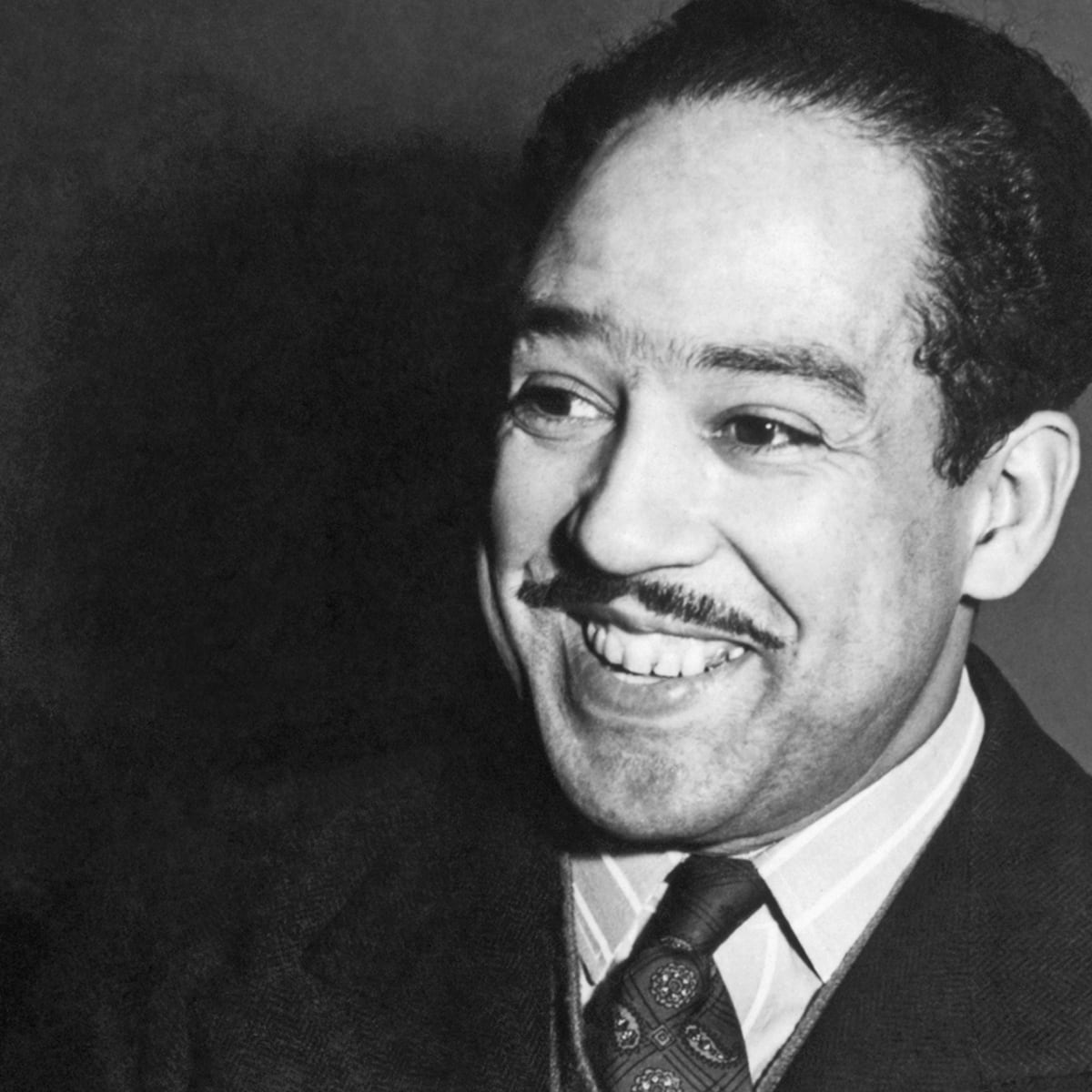Dream-singers,
Story-tellers,
Dancers,
Loud laughers in the hands of Fate—
My People.
Dish-washers,
Elevator-boys,
Ladies’ maids,
Crap-shooters,
Cooks,
Waiters,
Jazzers,
Nurses of babies,
Loaders of ships,
Porters,
Hairdressers,
Comedians in vaudeville
And band-men in circuses—
Dream-singers all,
Story-tellers all.
Dancers—
God! What dancers!
Singers—
God! What singers!
Singers and dancers,
Dancers and laughers.
Laughers?
Yes, laughers….laughers…..laughers—
Loud-mouthed laughers in the hands of Fate.
Published:
1922
Length:
Regular
Literary Movements:
Harlem Renaissance
Anthology Years:
2023
Themes:
Identity
Intersectionality & Culture
Joy & Praise
Literary Devices:
Interrupted Clause
a word group (a statement, question, or exclamation) that interrupts the flow of a sentence and is usually set off by commas, dashes, or parentheses
Litany
Initially a prayer or supplication used in formal and religious processions, the litany has been more recently adopted as a poetic form that catalogues a series. This form typically includes repetitious phrases or movements, sometimes mimicking call-and-response.

